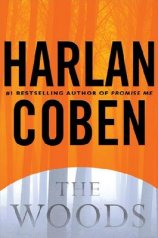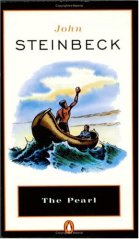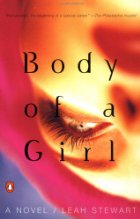
The events of Helen Dunmore’s beautifully written novel Talking to the Dead take place during a blazing summer on the Cornwall coast. Nina has come to spend time with her sister, Isabelle, who has just given birth to Antony. It is a difficult labour and delivery and Isabelle is having a slow recovery.
You don’t look very alike, Susan said yesterday. I wouldn’t have guessed you were sisters. (29)
Susan has been hired to care for Antony while Isabelle recovers from the complications of Antony’s birth. Although the sisters are, as Susan notes, unalike physically, they share the bond of family: an emotionally distant mother who worked as a potter, a drunkard father and the crib-death of their little brother, Colin.
They also share knowledge, perhaps suppressed, about the death of their little brother. It is during the hot days that follow that a family secret is revealed and Nina begins an illicit affair that sends shrapnel through the house Isabelle and her husband, Richard, have leased for the summer.
I’m a Dunmore fan. She’s a beautiful writer and much of the prose in this slim volume is breathtaking. So I am going to attribute the fact that I didn’t tear through this novel (only 214 pages!) to the fact that I’ve had a serious case of book lethargy over the last few weeks. After all, like all of the Dunmore novels I’ve read – as literary as they are – this one has an element of psychological suspense. The pace isn’t fast though; information is revealed slowly, like veils pulled back one at a time. Under normal circumstances, this wouldn’t be a problem for me…like I say, I was in a bit of a slump.
If you haven’t yet read Dunmore, you really should. She’s quite remarkable.








